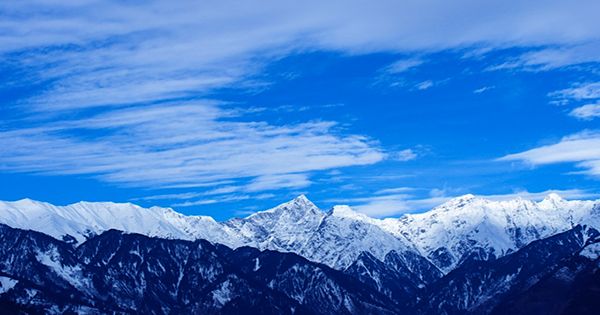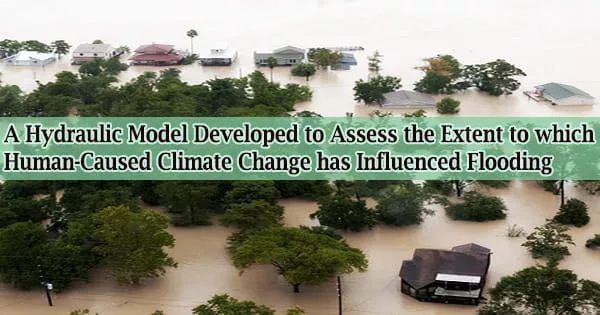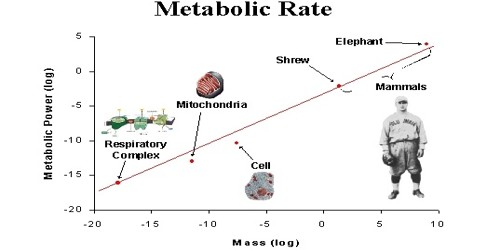In an interconnected world, the effects the virus found in all sorts of unexpected places. Apparently, the depth snow falls on a Himalayan.
Nearly two billion people around the world depend on molten water for their water supply, so the more it sounds, the more important it is, and the changes that COVID-19 has made tell us a lot about snow melting drivers. Although India is now facing record-breaking momentum in the COVID-19 case, its efforts to suppress the first wave were a significant success. As well as reducing infections and deaths at a time when they were growing in relatively many places, spring lockdowns have drastically reduced pollution in the north.
As dire as the situation was, the University of California, Dr. Edward Bear, saw the opportunity to expand our knowledge about how pollution affects snowfall. We know that fossil fuels and light-absorbing particles (LAPs) from wood or dung fire burns harder snow and ice, increasing the speed of melting, but we need to work on the right size. In the proceedings of the National Academy of Sciences, Bayer and co-authors reported that last year’s Himalayan snow was unusually clear.
Two forms of satellite data analysis show that the 2020 Snoop was the cleanest on record; with a 30 percent reduction in LAPs compared to the 20-year average. They assume that it is 6.6 late releases of cubic kilometers (2.5 cubic miles) of water until unusually late in the season. The search may seem vague but the consequences are immense. When the Himalayas dry up very quickly, the result can be floods at the beginning of the season and not enough water supplies later. With 300 million people relying on the Indus River for drinking water alone, this problem easily overwhelms many and draws worldwide attention.
LAPs pose a threat across the Himalayas. Although less abundant in the Arctic and Antarctic than in high-altitude snow, they add to the polar melting of climate change. As a result, low light reflected back into space as it causes rapid global warming.
Investigations continue to reduce the size of this effect and may improve the accuracy of Bayer’s work estimates. There are other lockdown-induced benefits of reducing pollution in India. Solar panels generate more electricity when they do not have to collect light filters to spread the electricity. Famously, the clear air allows the people of Jalandhar to see the Himalayas for the first time in many years.
Given that air pollution is one of the most common causes of death worldwide, it is almost certain that clean air saved many lives, although it may take a long time to compare their numbers directly with the COVIDs that killed them.
















